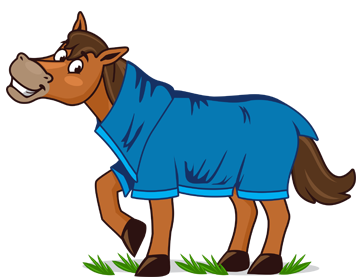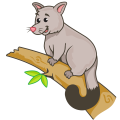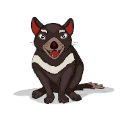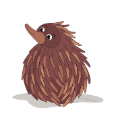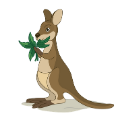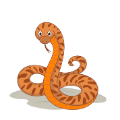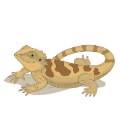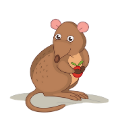Horses have four toes which are covered in hard hooves. Your horse’s hooves will grow over time, much like your toenails, so you will need to keep them trimmed regularly so they don’t overgrow! If horse’s hooves are left to grow too long, they can cause major problems. Your horse will have difficulty and pain walking, and sometimes hoof problems can lead to very bad foot infections.
Your horse’s hooves will need to be trimmed with special tools. It is best to let a farrier trim your horse’s hooves. Farriers specialise in caring for hooves, especially those of horses. They are able to keep the hooves in good condition and check for any signs of hoof disease or other ill-health. They also watch for potential lameness issues, fixing issues before a more serious problem occurs.
A good tip is that if you begin having your horse’s hooves trimmed when he/she is still young, this will make it easier for the horse to become used to.
Your horse’s hooves also need to be inspected often to make sure they are healthy and in good shape. You need to check that your horse is not limping and that his/her hooves are not cracked or swollen, and check that they do not have any stones or other items stuck in their hooves. If your horse has hooves which are not taken care of, he/she can become lame; this a condition in which movement is painful, often making an animal walk unevenly or unwilling to walk.
Foot rot is a condition in which the hooves of your horse can get badly infected. This is caused by standing on ground which is too wet. To prevent this disease, your horse’s living area should be kept dry and it is important to make sure that the land where your horse it kept is not too wet for your horse.
If your horse is on wet ground, do not leave him/her there for too long or problems will develop. Special horse shoes can be fitted to your horse’s feet which help to protect his/her hooves. Ask your horse’s farrier about providing your horse with horse shoes and see if he or she thinks it is necessary.
